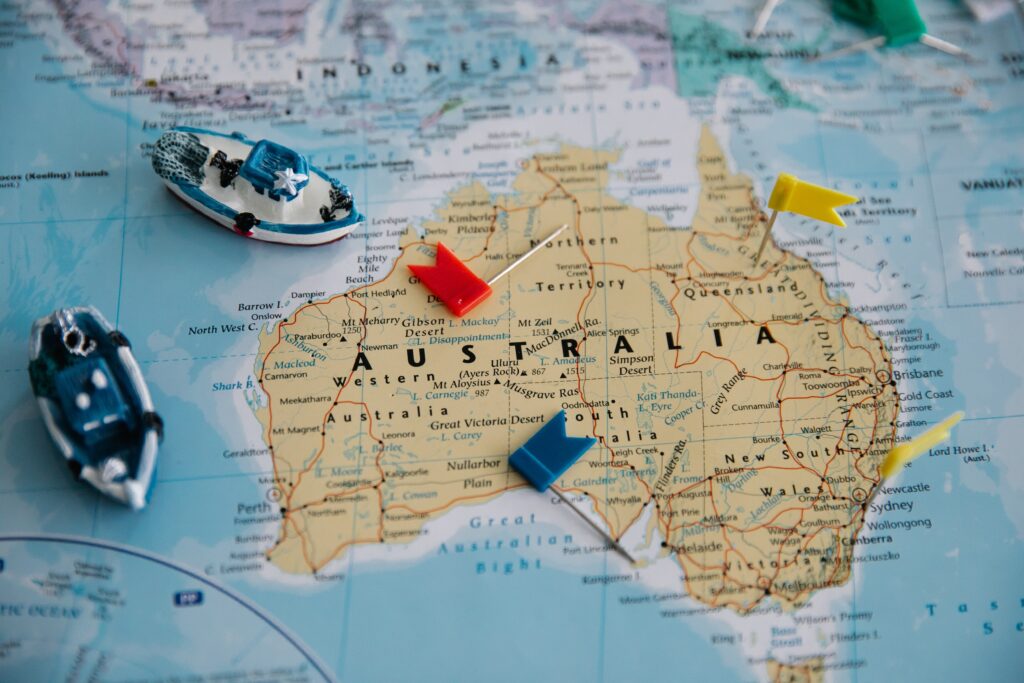
The International Classification of Functioning (ICF) is a way to describe functioning and disability, developed by the World Health Organisation (WHO) in 2001. ...
In 2011, Peter Rosenbaum and Jan Willem Gorter wrote a paper about the ICF called: "The F-Words in Childhood Disability: I swear this is how we should think."...
Families of people with childhood-onset disability want their children and family to participate in all the activities they need to, want to, or have to do, so that they can all lead a good life. The Family of Participation Related Constructs (fPRC) is a framework designed by Imms et al in 2017 to support participation-based research and practice....
In Healthy Trajectories, we think about ‘health’ as a resource for living. Having a disability does not automatically mean you are unhealthy. It might mean that you need to find and use a range of health services though. ...
Resilience can be understood as the adaptive process of bouncing back from stressors or trauma and/or overcoming obstacles to achieve a positive outcome....
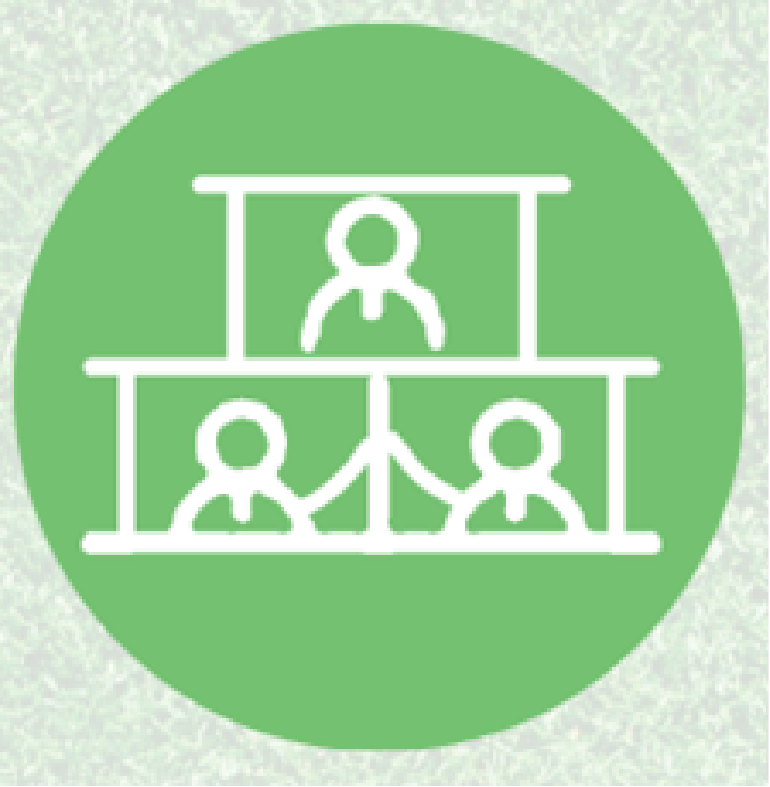 |
Child and Family Wellbeing This is the picture our team uses for projects to do with child and family wellbeing |
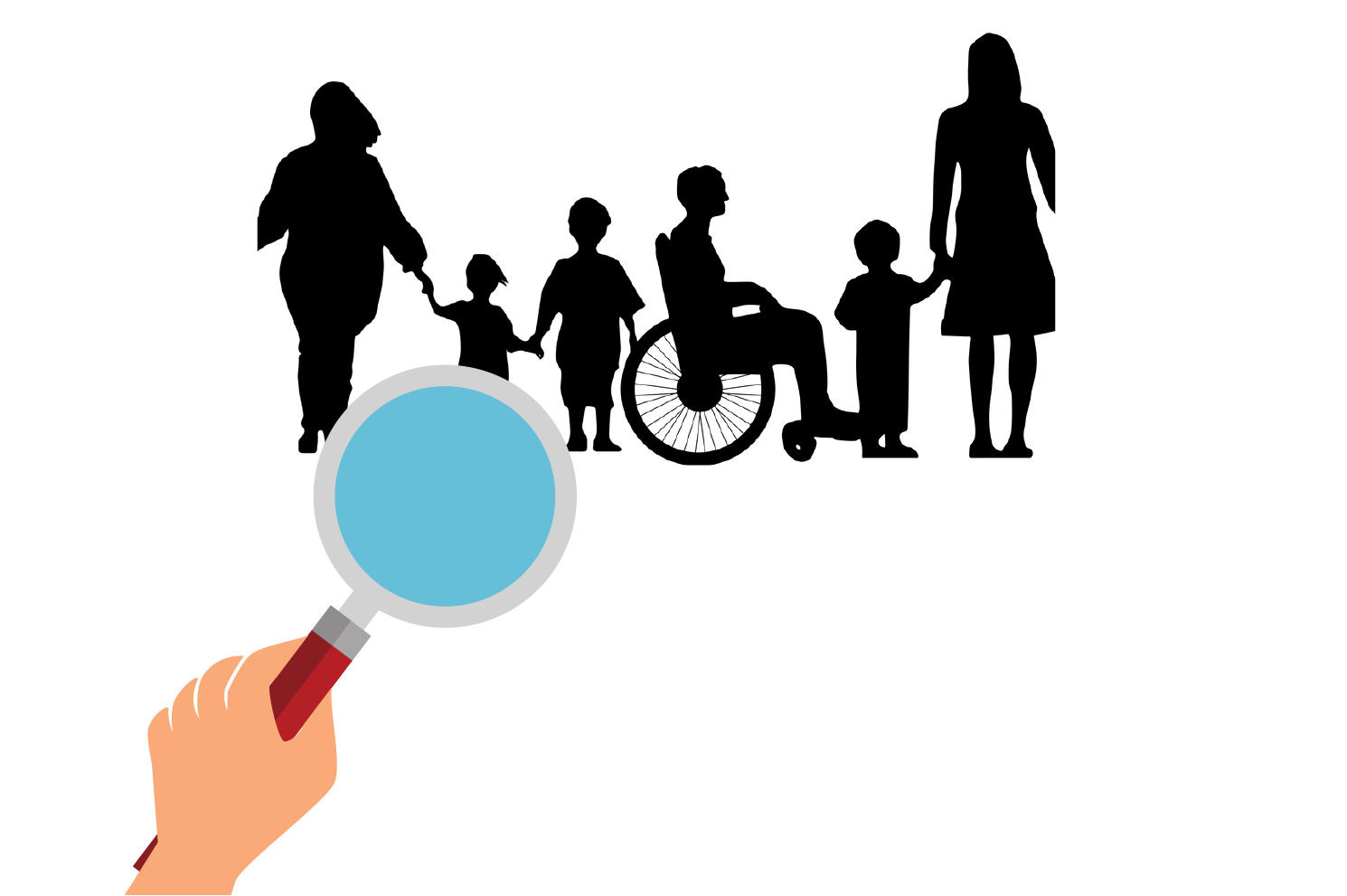 |
Our research and work in this area includes • national disability research |
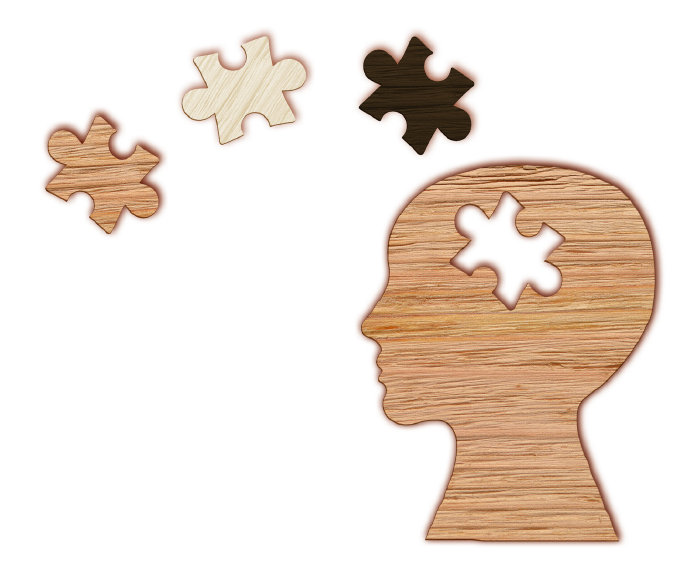 |
• mental health services |
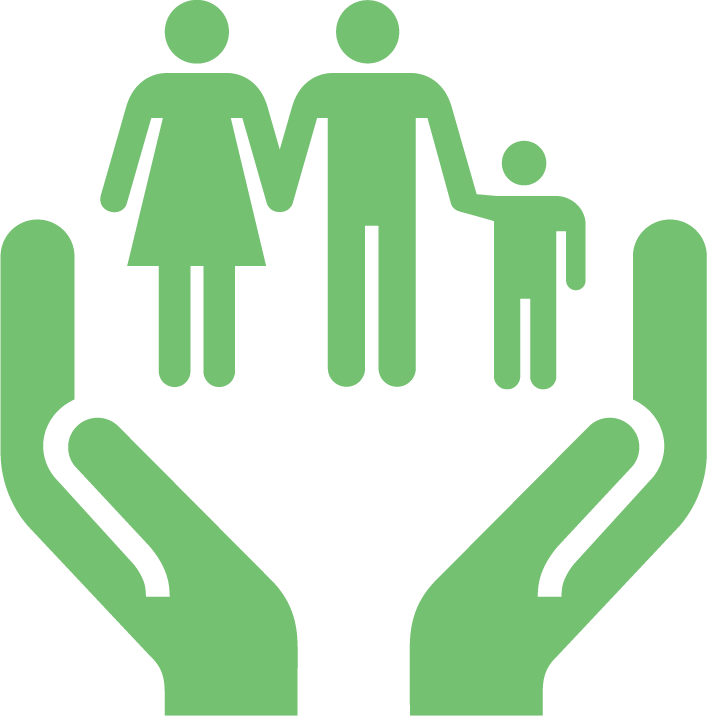 |
• family support |
| __________________________________________________________________________________________ |
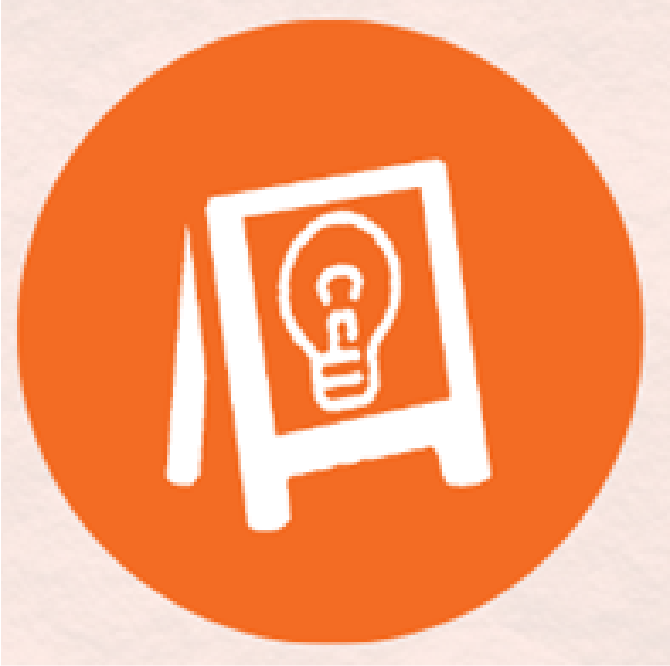 |
Early Childhood Initiatives This is the picture our team uses for projects to do with early childhood initiatives |
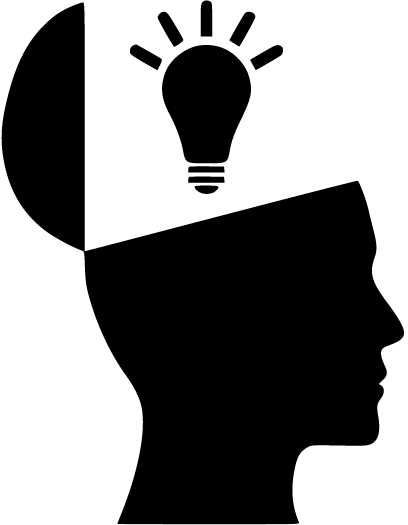 |
An initiative is an idea that helps someone |
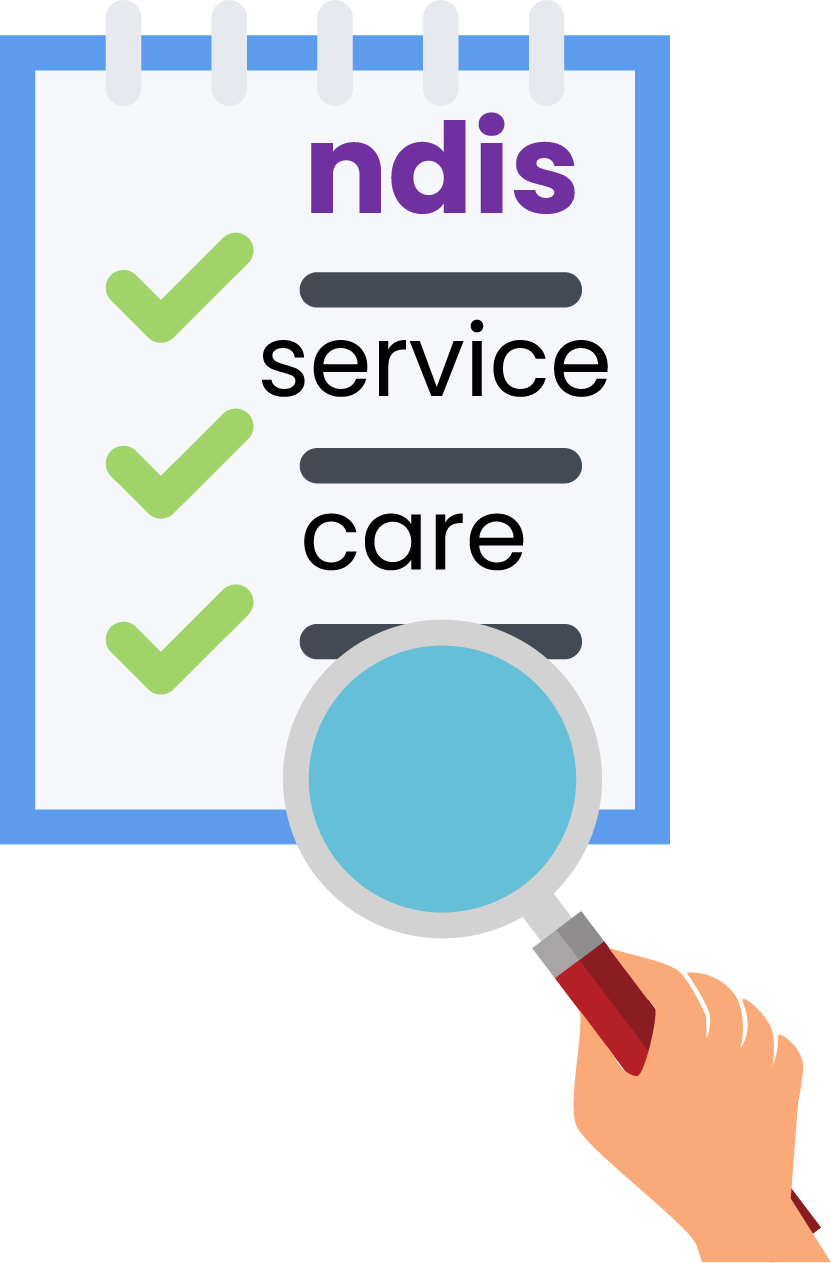 |
Our research and work in this area includes: • NDIS review • gaps in services |
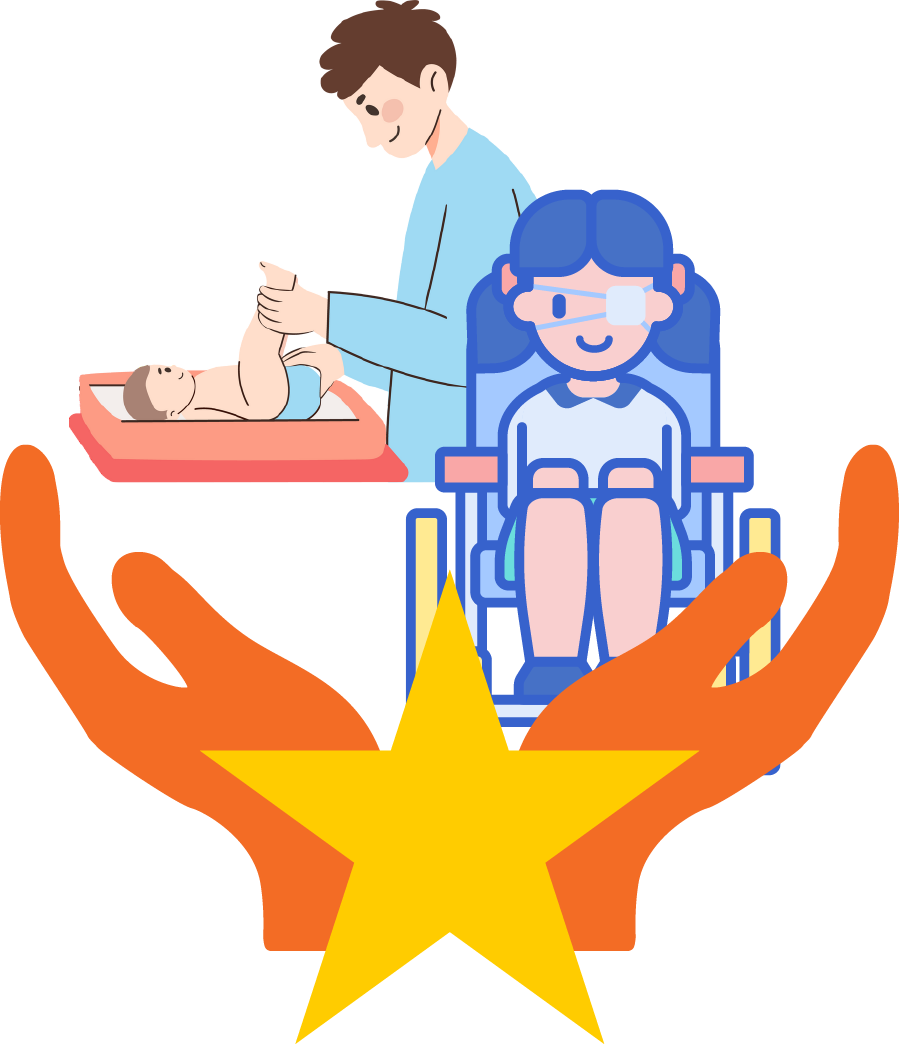 |
• help for babies and young children with disability • helping families find the best way for care |
| __________________________________________________________________________________________ |
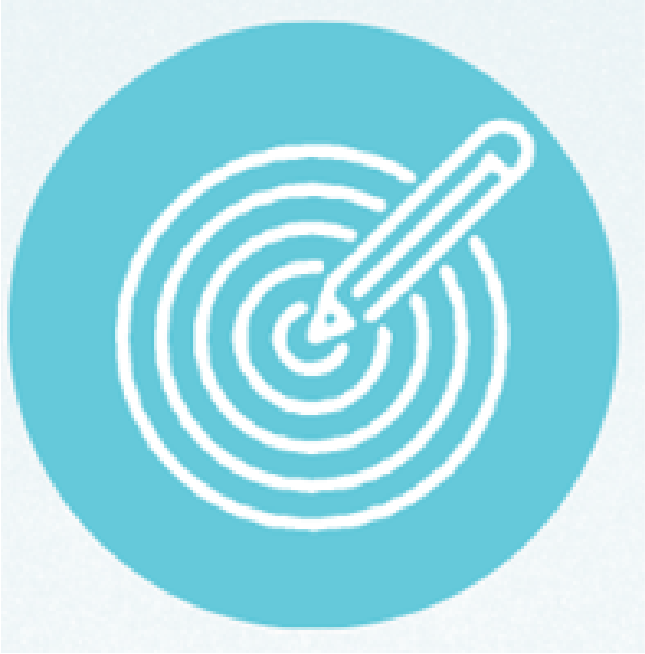 |
Optimising Health in Disability This is the picture our team uses for projects to do with • optimising health in disability |
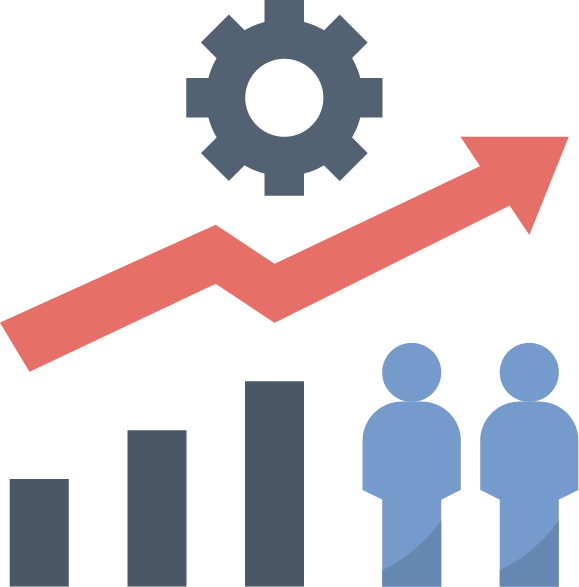 |
Optimising means making the best of something |
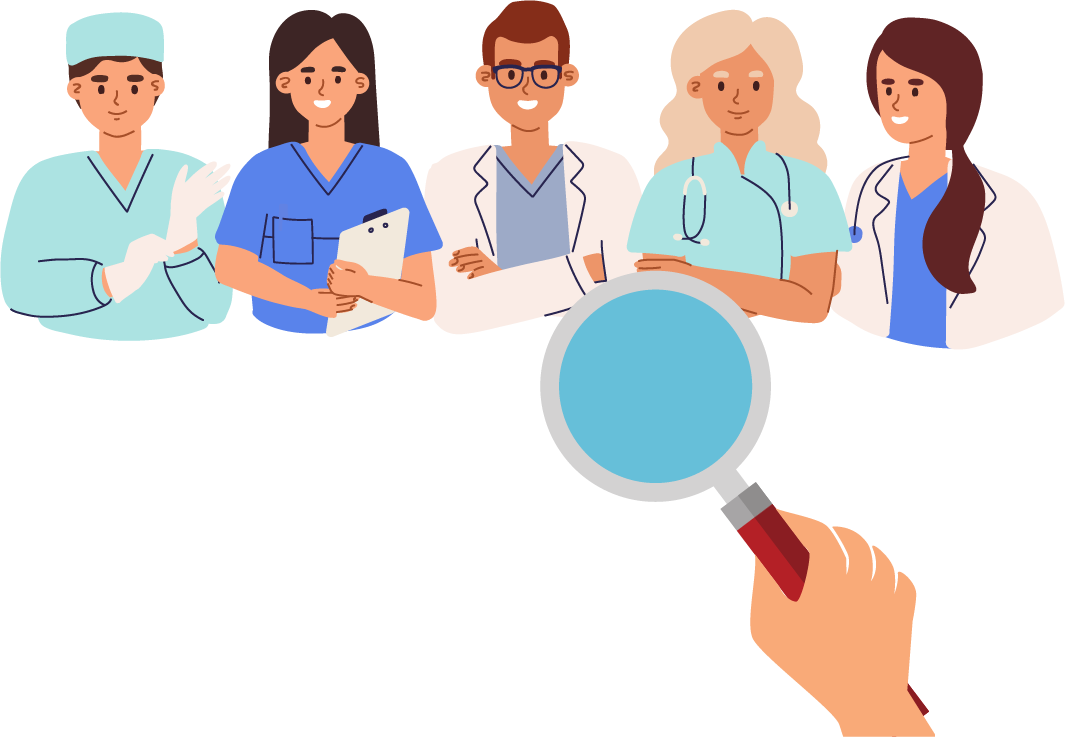 |
Our research and work in this area includes • making it easier to access health services |
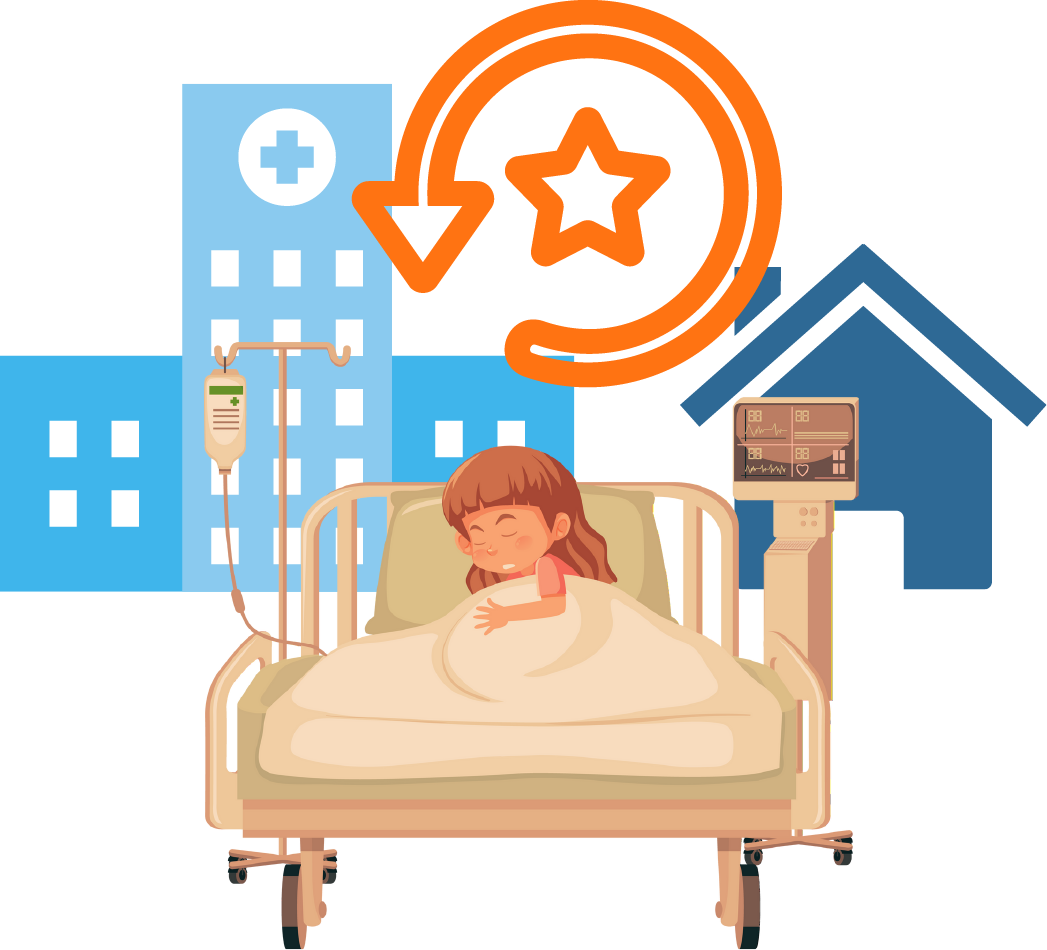 |
• help for young people with disabilities who have many needs |
| __________________________________________________________________________________________ |
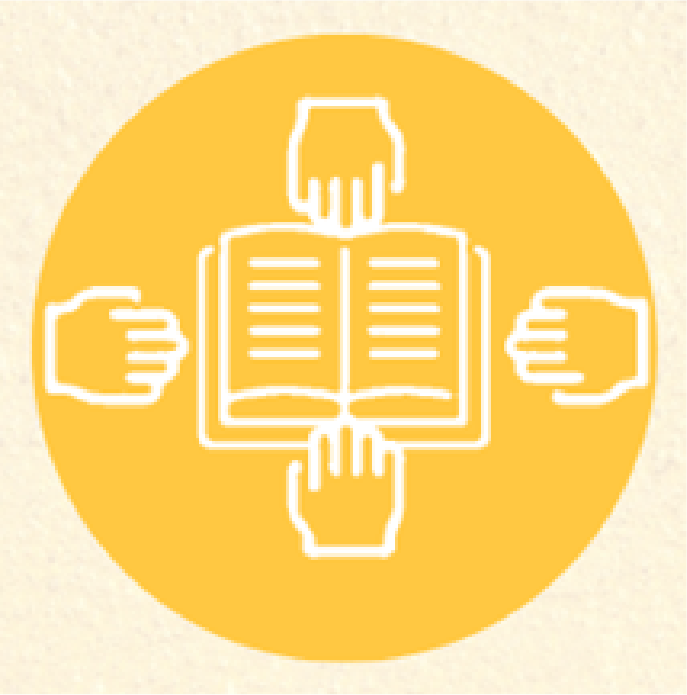 |
Inclusive Education This is the picture our team uses for projects to do with inclusive education |
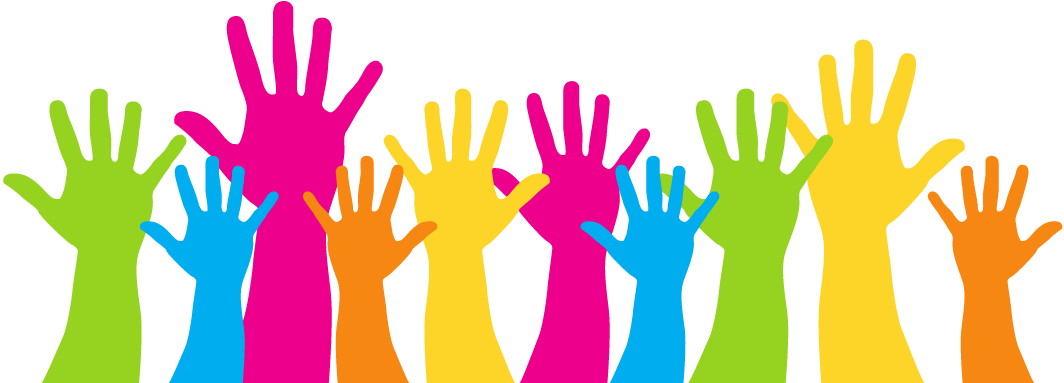 |
Inclusive means all can take part |
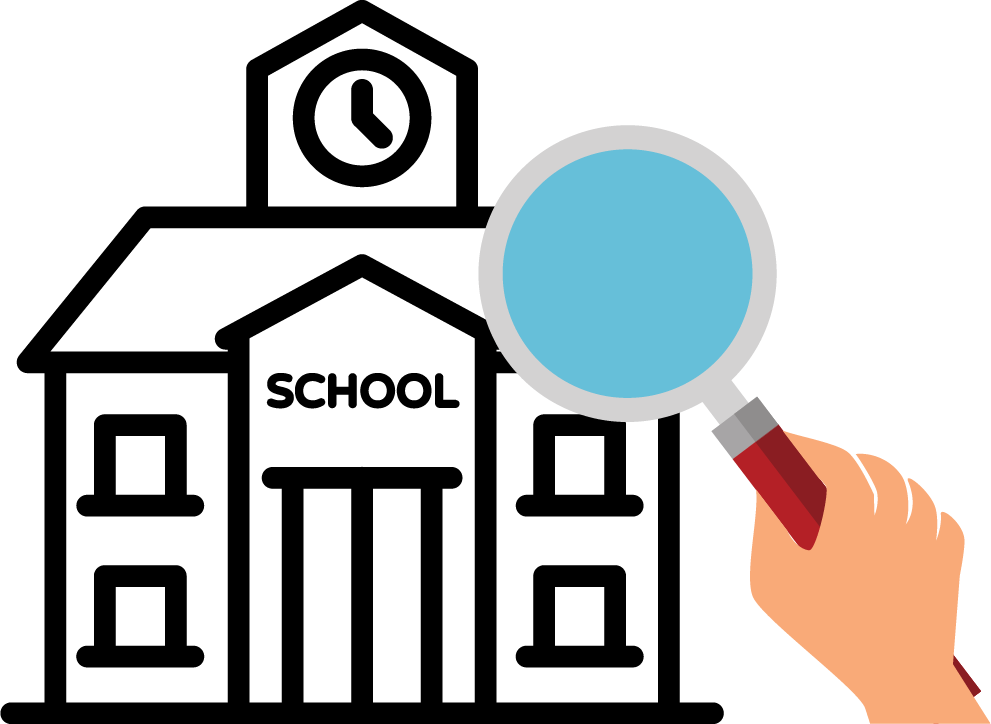 |
Our research and work in this area aims to • build school environments that are suitable for everyone |
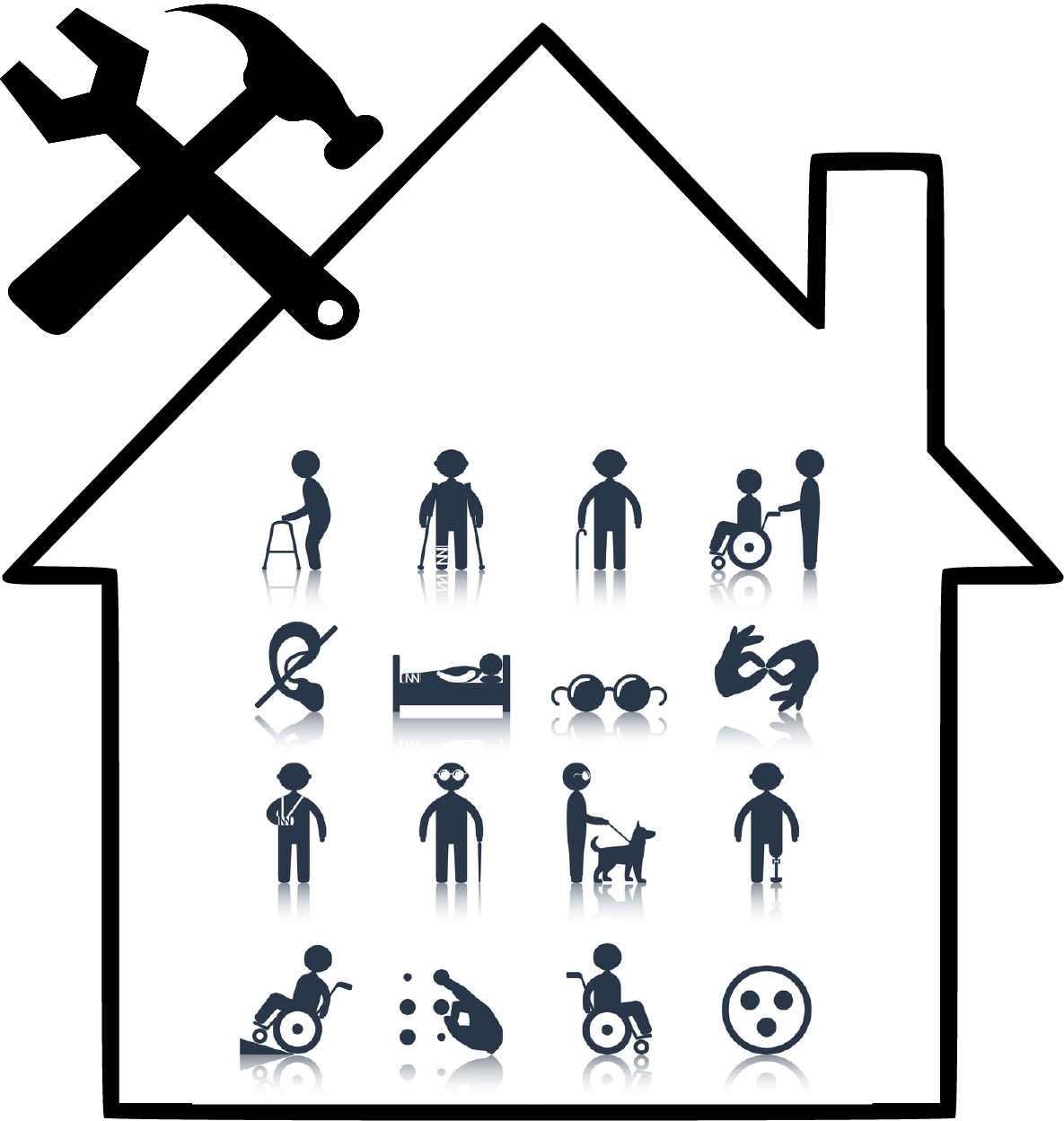 |
• help people with disability be included and educated • and have their learning needs respected |
| __________________________________________________________________________________________ |
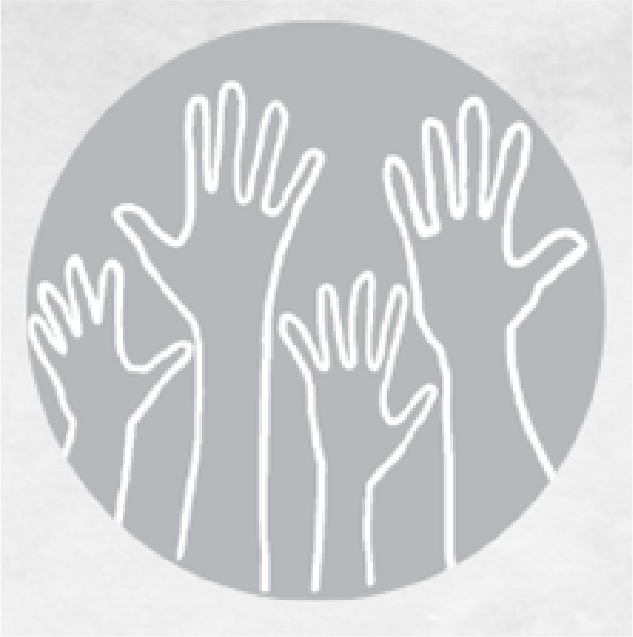 |
Participation Across the Lifespan This is the picture our team uses for projects that are for: Participation Across the Lifespan |
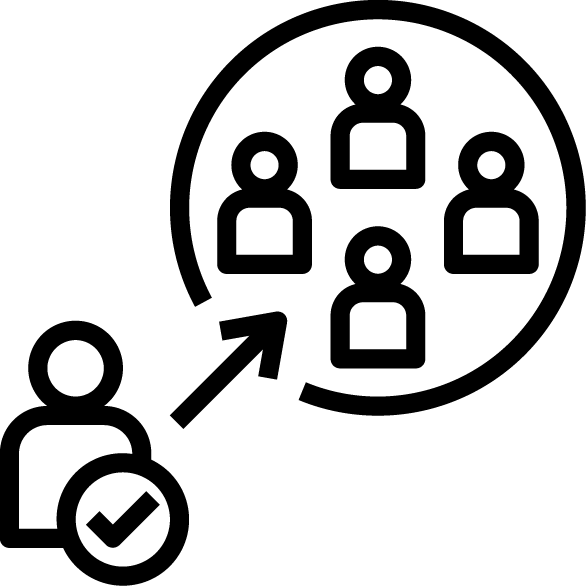 |
Participating means to join in |
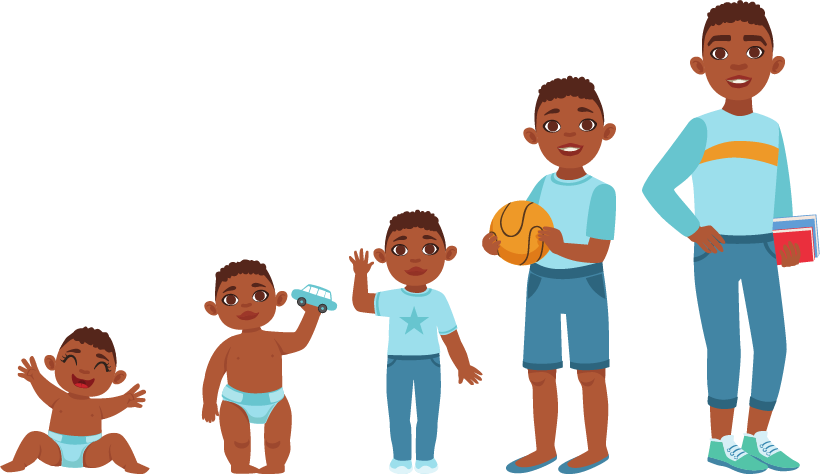 |
A life span means your whole life from being a baby to being old |
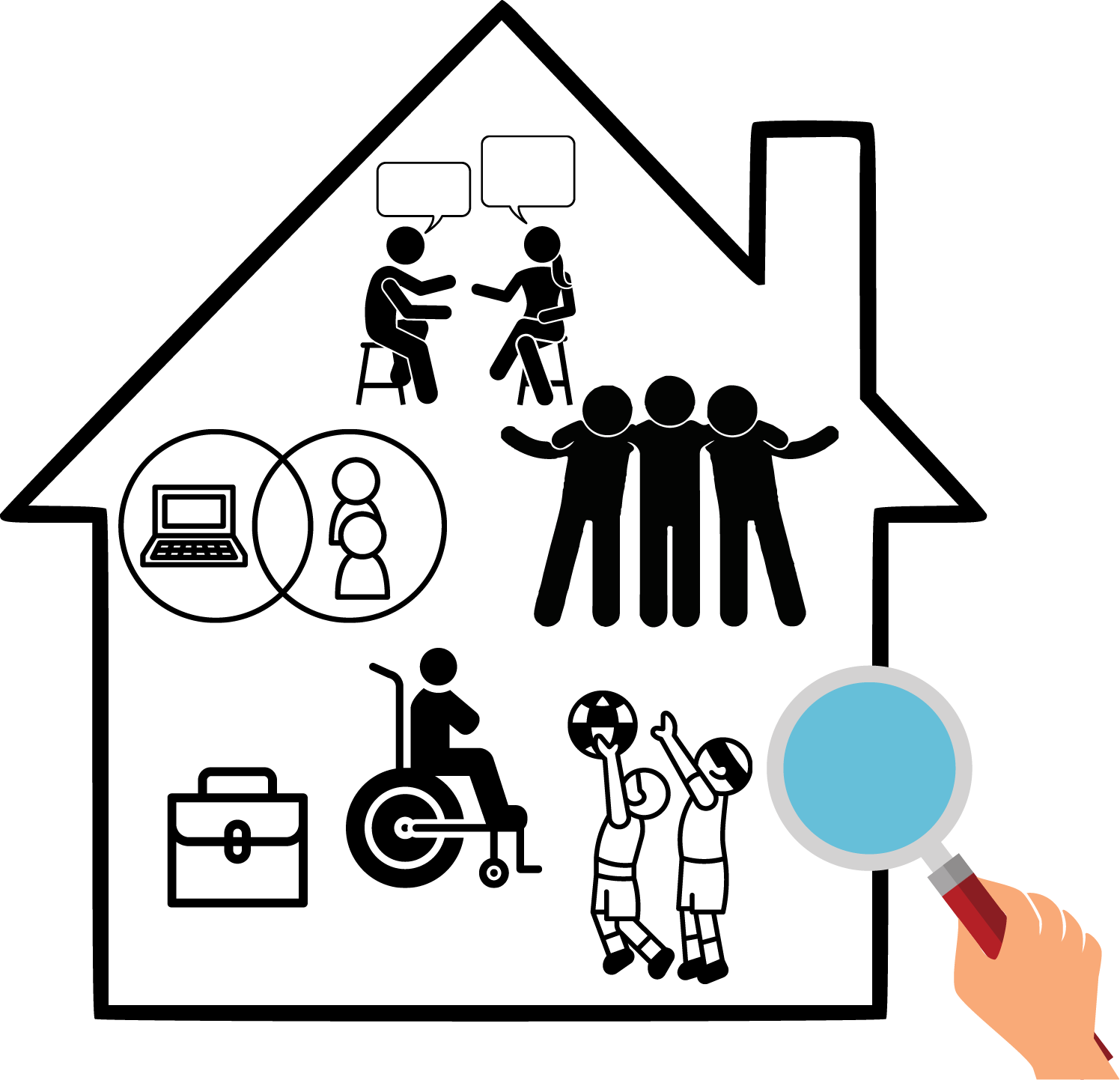 |
Our research and work in this area aims to • help young people with disabilities to join in • to do the things they need and want to do |
The Healthy Trajectories Child and Youth Disability Research Hub acknowledges the Traditional Owners of Country throughout Australia and recognises the continuing connection to the lands and waterways on which we live, learn and work. We pay our respect to Aboriginal and Torres Strait Islander cultures, and to Elders past, present and emerging.

Tell us a bit about yourself so we can keep you up to date with the most relevant news and opportunities.

Tell us a bit about yourself so we can keep you up to date with the most relevant news and opportunities.
This website uses cookies to ensure you get the best experience on our website. Learn more